Will you be saved? Will I be saved? Truly, the question must not worry us, for we are in good hands: in God the Father’s merciful hands!
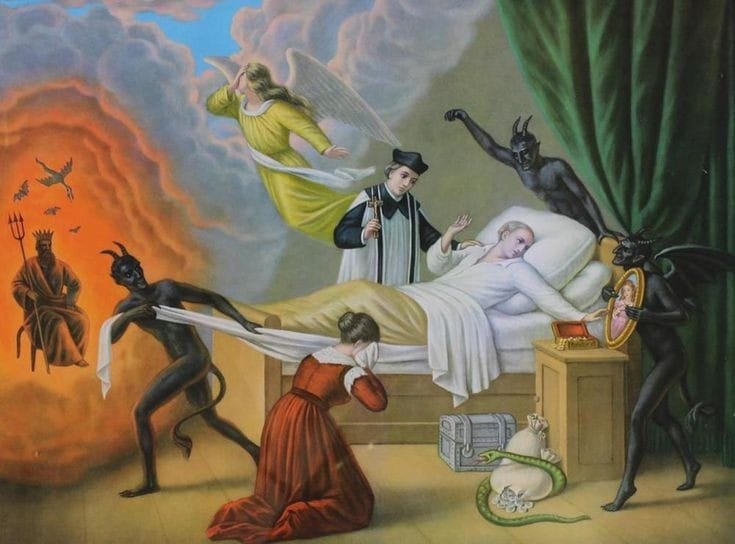

Will you be saved? Will I be saved? Truly, the question must not worry us, for we are in good hands: in God the Father’s merciful hands!

In this article, we will learn the importance of penance, repentance, and the practice of the three traditional Lenten penances: prayer, fasting, and almsgiving. Almsgiving is closely connected with forgiveness, and both the corporal and spiritual works of mercy are important. We must approach the Sacrament of Reconciliation, or confession, and to make firm resolutions to carry out the three penances during Lent. Let us also take up the Lenten devotion of The Way of the Cross and pray along with the community. Lent is a pilgrimage to Easter and a time for conversion and penance.

Mercy and charity are far greater attributes than others and must be nurtured to subdue innate human negativity and tendencies to be critical.
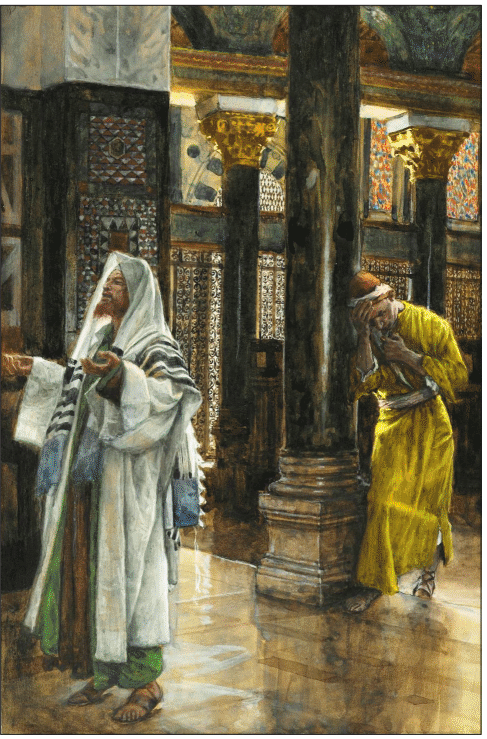
Unless we acknowledge our failings and rely on God to help us, we will never be able to turn our lives around and conquer the adverse life circumstances we once chose for ourselves. In God’s eyes, there is no man who is not redeemable. It is we who need to take the first step toward Him in humility.
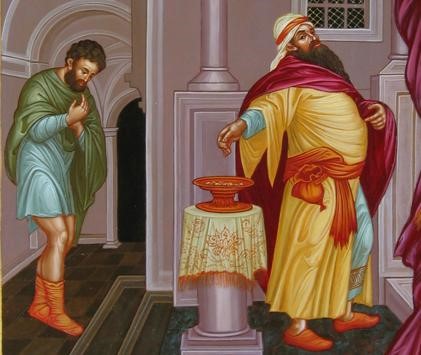
The humble, repentant sinner has greater value in the eyes of God than the egotistical Pharisee, who has a high opinion of himself and assumes that he merits rewards from God just because he follows a formula for righteousness recommended to him by his religion.

Rev José Mario O Mandíajmom.honlam.org We have seen that the aim of the moral law is not only to show us how to be “nice” and “decent” people. It shows us the way to holiness. Holiness, however, requires an input…

President Zelensky’s call to his fellow Ukrainians to eschew the soul-decimating effects of hatred, should be a call every person, especially Christians, must adopt as a rule of life.

We celebrated the Feast of Divine Mercy three days ago. The second Sunday of Easter has been celebrated by the Church since April 2000 as Divine Mercy Sunday. In these times, more than ever, Our Lord’s call echoes throughout the world through St Faustina: “Mankind will not have peace until it turns with trust to My mercy” (Diary, 300).
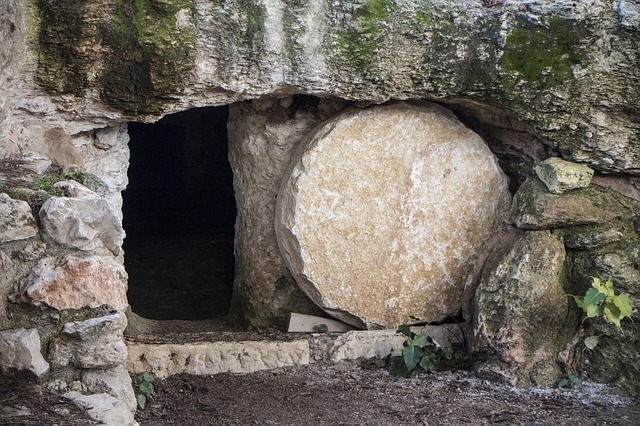
The Resurrection is a truth that is beyond the grasp of mere human understanding. It takes submission to grace that allows us to overcome the empty tomb of despair and pain to embrace the serenity and peace of Easter.
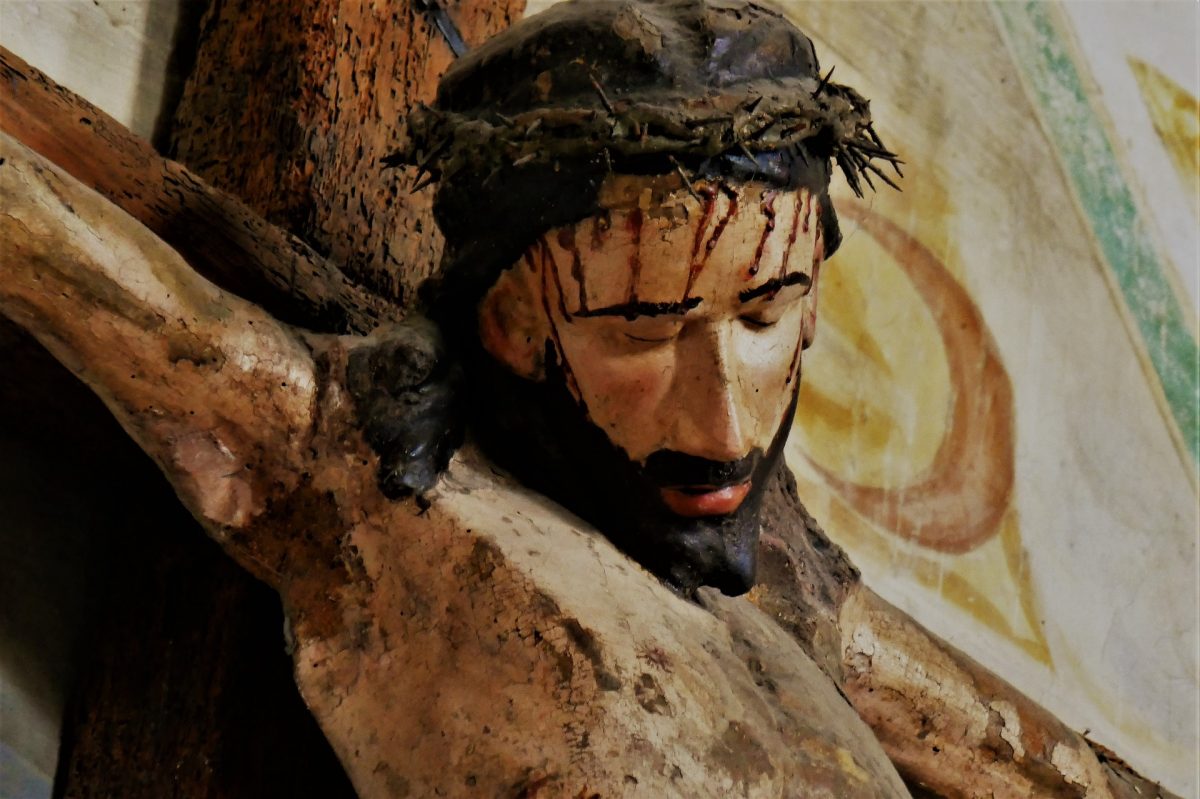
Two major forces act on a bridge at any given time: compression and tension. In this Sunday’s Gospel (Lk 8:1-11), various forces are at work in the person of Jesus. The Scribes and Pharisees brought a woman who had been caught in adultery to Jesus, a crime punishable with stoning according to the Law of Moses. How would He judge her?